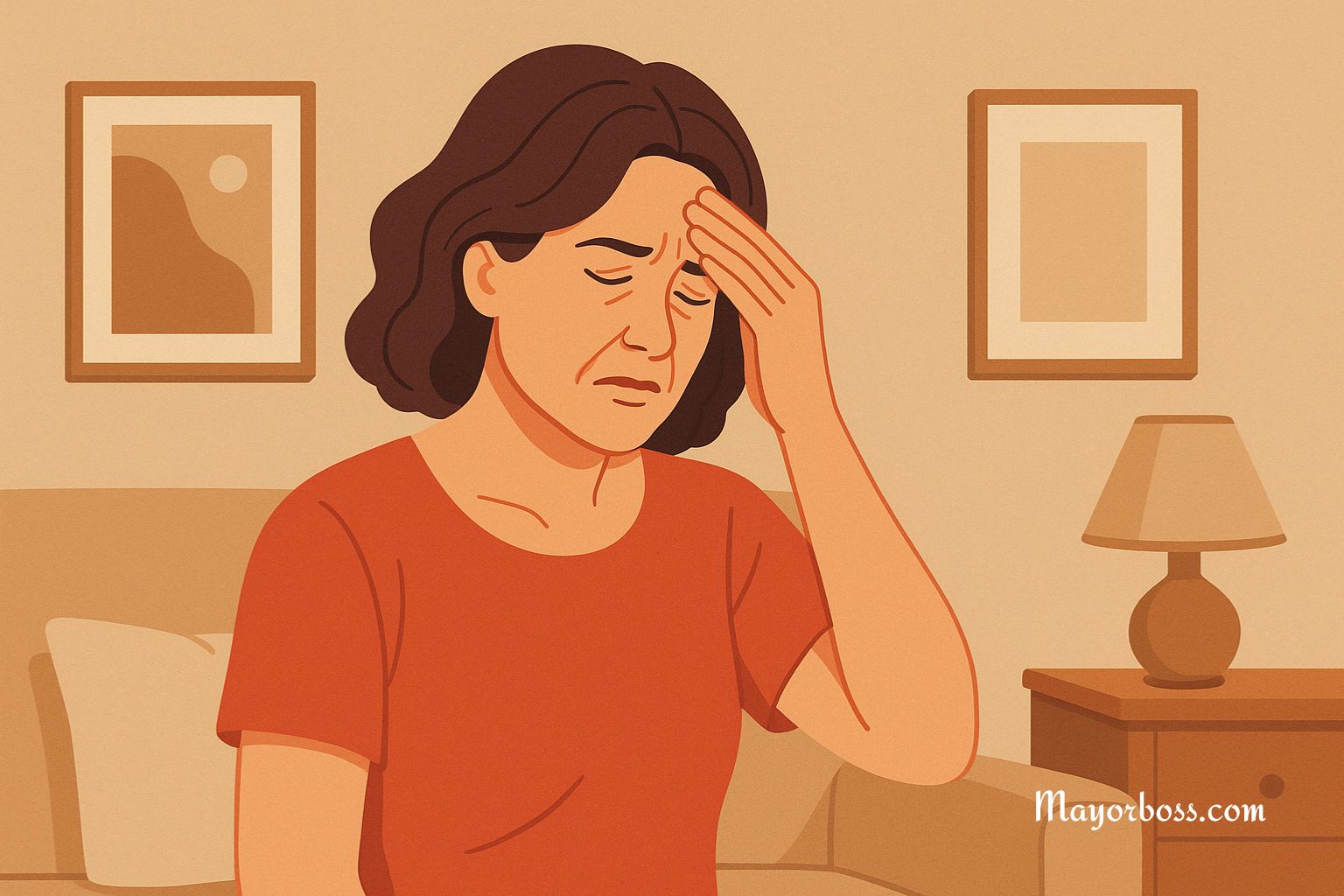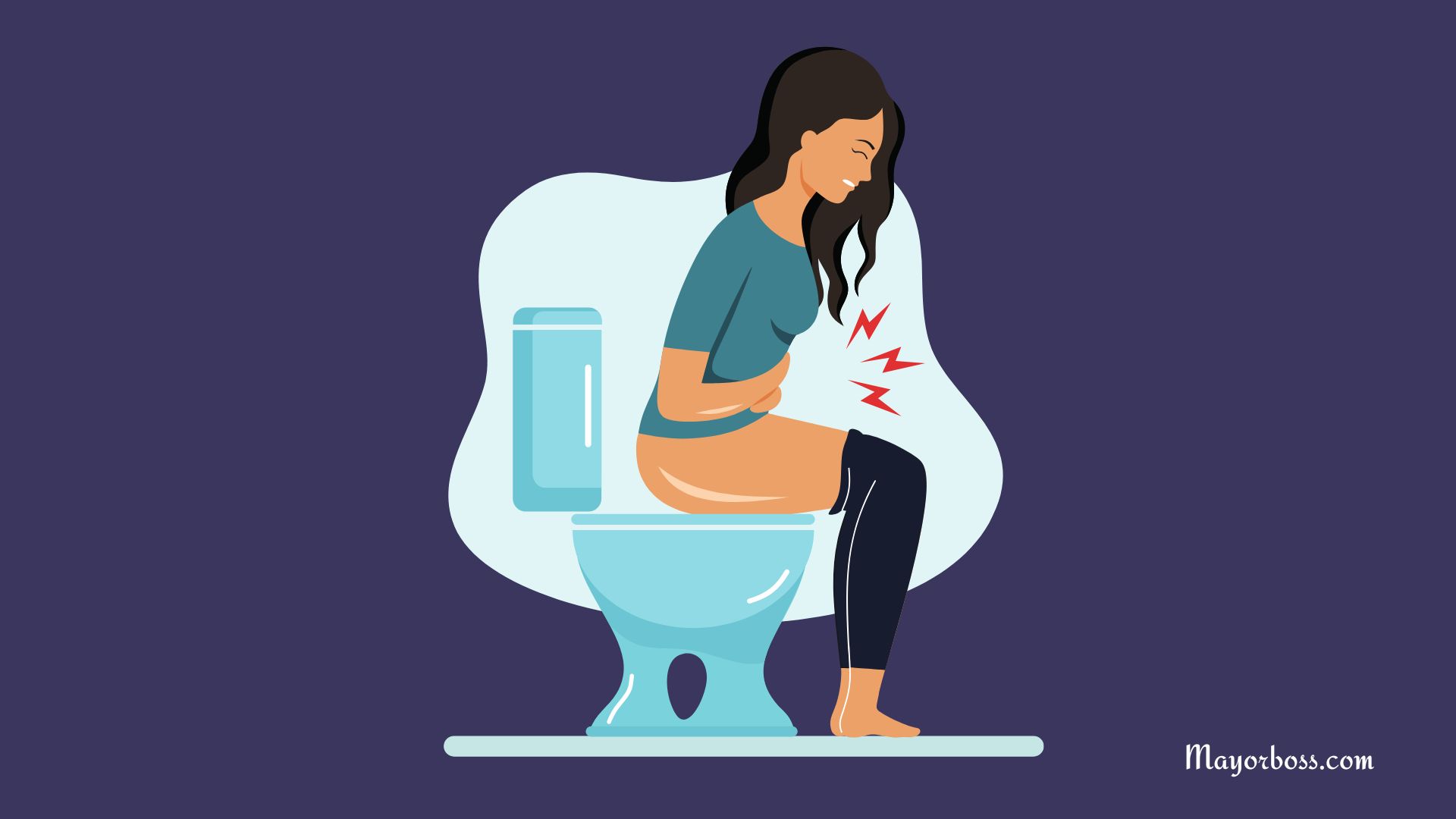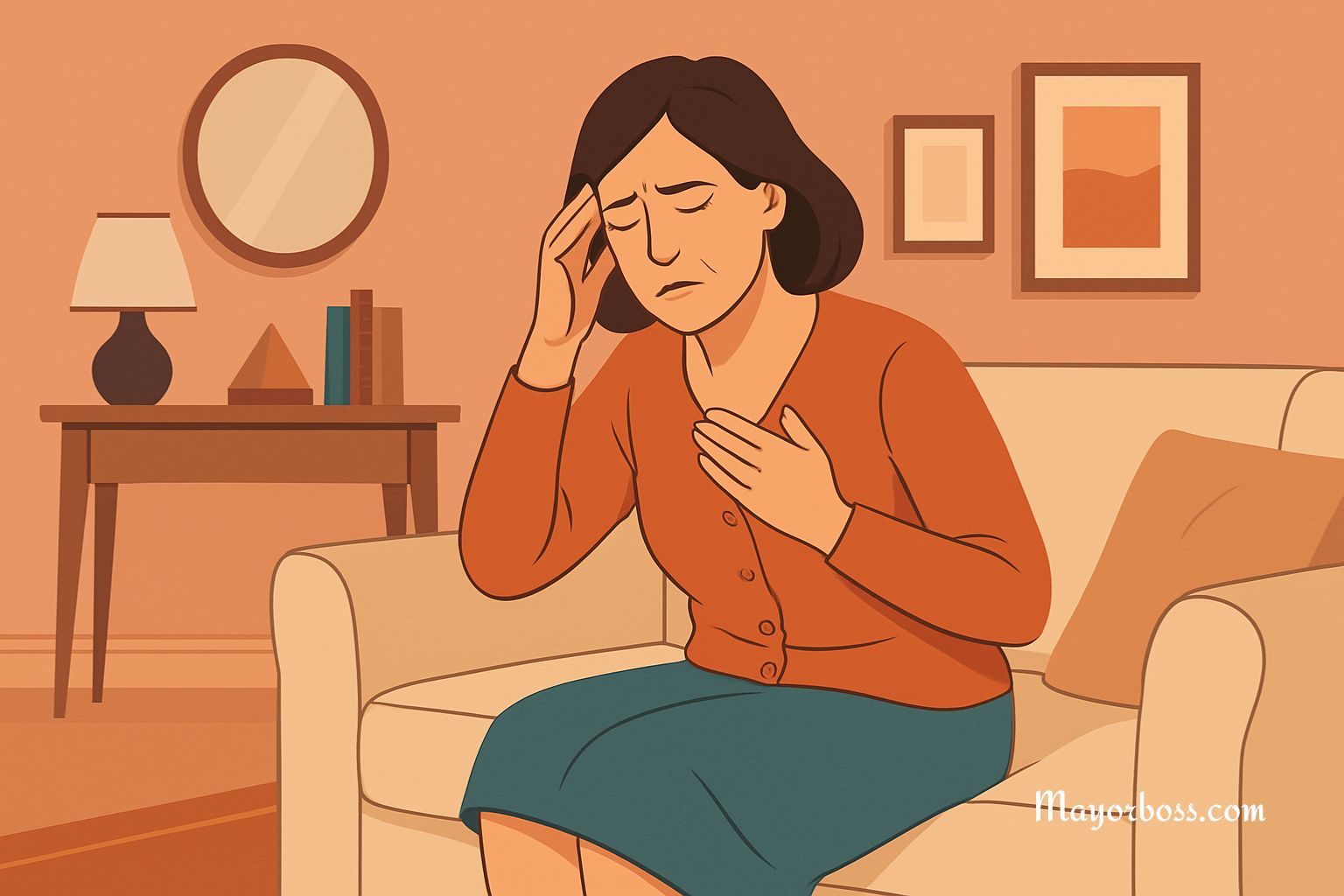What is a Disorder?
When we talk about disorders, it’s important to recognize that this term encompasses a wide range of conditions affecting various aspects of health and well-being. A disorder is typically defined as a state of abnormality in a person’s physical or mental function. It’s a broad term that can refer to anything from minor health issues to major illnesses. Let’s break this down to better understand what a disorder really is.
Defining a Disorder
Physical vs. Mental Disorders
Disorders can be physical, such as heart disease or diabetes, or mental, like depression or anxiety. The key element is a deviation from what’s considered ‘normal’ or healthy.
Chronic vs. Acute
Disorders can be chronic, meaning they persist over a long period, or acute, indicating they are sudden and severe but often short-lived.
Congenital vs. Acquired
Some disorders are congenital and present from birth, while others are acquired due to various factors like lifestyle, environmental exposure, or infections.
Causes of Disorders
Genetic Factors
Many disorders have a genetic component, where inherited genes from parents play a significant role in their development.
Environmental Influences
External factors like pollution, stress, diet, and lifestyle choices can significantly contribute to the development of various disorders.
Psychological Factors
Mental health disorders often involve complex interactions between psychological factors, life experiences, and genetic predispositions.
Diagnosis and Treatment
Diagnostic Criteria
Diagnosing a disorder typically involves a range of methods, including physical examinations, medical history analysis, and various tests. For mental disorders, psychological evaluations are crucial.
Treatment Approaches
Treatment varies widely depending on the disorder. It can include medication, therapy, lifestyle changes, or even surgery. For many mental disorders, a combination of medication and therapy is often effective.
Impact on Quality of Life
Physical and Mental Health
Disorders can significantly impact an individual’s quality of life, affecting physical health, emotional well-being, and daily functioning.
Social and Economic Effects
Many disorders also have broader social and economic impacts, affecting relationships, work productivity, and healthcare costs.
Frequently Asked Questions
Can Lifestyle Changes Prevent Disorders?
While not all disorders can be prevented, lifestyle changes like a healthy diet, regular exercise, and stress management can reduce the risk of developing many physical and mental health disorders.
Are Disorders Always Permanent?
Not necessarily. Some disorders, particularly acute ones, can be completely resolved with treatment. Chronic disorders often require ongoing management but can be controlled to a significant extent.
How Do I Know if I Have a Disorder?
If you suspect you have a disorder, the best course of action is to consult a healthcare professional. Self-diagnosis can be inaccurate and potentially harmful.

In conclusion, disorders are a complex and diverse set of conditions that can affect virtually any part of the human body or mind. Understanding the nature of specific disorders, their causes, and treatment options is crucial for effective management and improving overall health outcomes. Remember that early detection and appropriate intervention can make a significant difference, so it’s important to seek professional advice if you have any concerns about your health.






